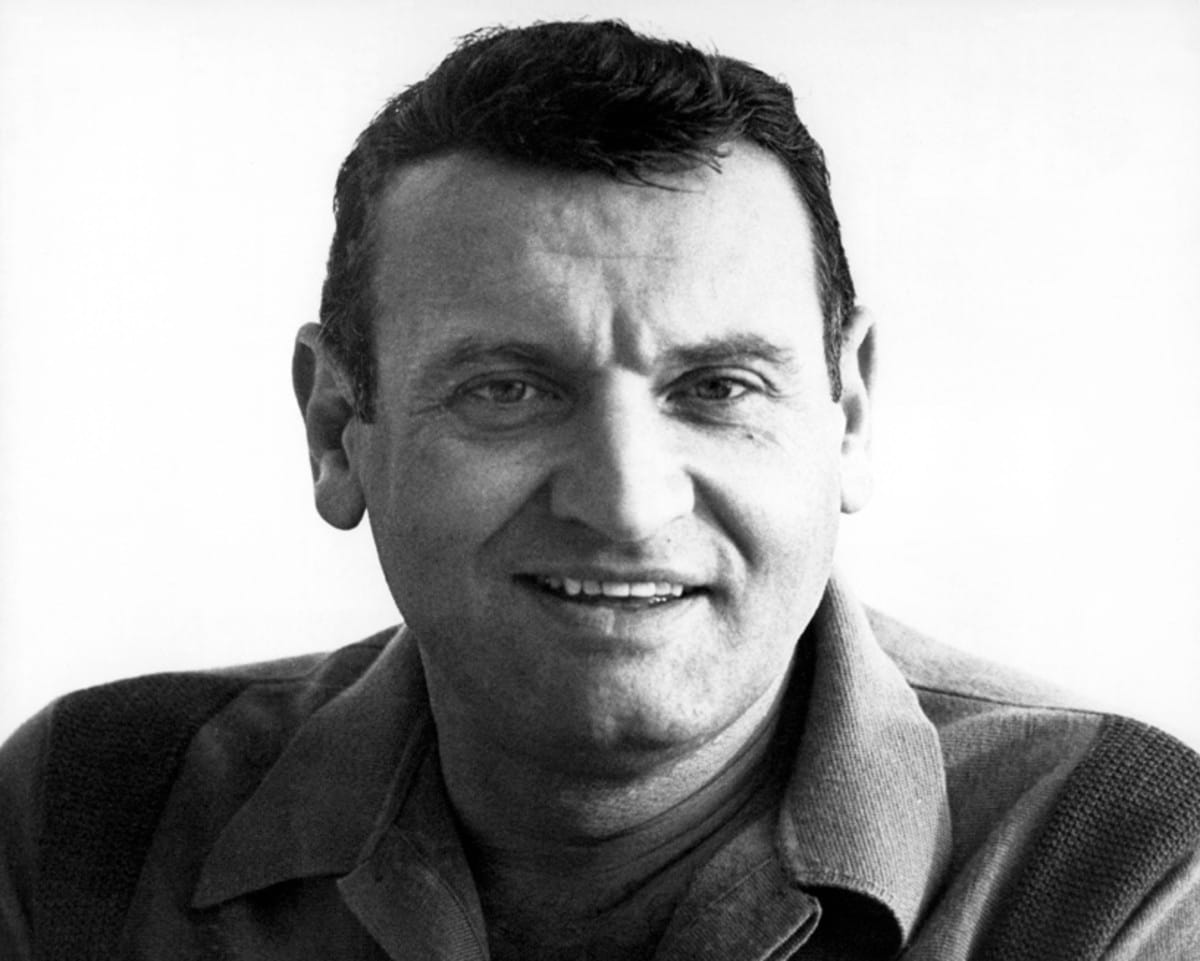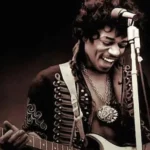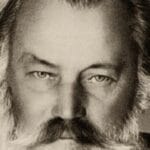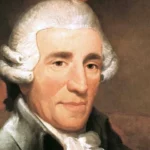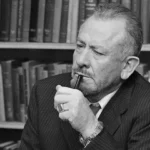Dive into the captivating world of Frankie Laine, a musical icon whose voice resonated with generations. This article explores the captivating details of his life and career, from humble beginnings to his rise as a music legend in the golden age of music.
Facts About Frankie Laine
Frankie Laine wasn’t simply a singer; he was a force of nature in the music scene for an astounding seven decades! From the 1930s through the 1990s, his voice captivated audiences, earning him the title “King of Theme Songs.” His powerful vocals brought classic Western movies and TV shows like “Rawhide” and “Gunfight at the O.K. Corral” to life.
But Laine’s talent wasn’t confined to the Wild West. He had massive hits across genres with songs like “That’s My Desire,” “Jezebel,” and “High Noon,” consistently topping the charts.
Laine shared the stage with legendary figures like Doris Day, Ella Fitzgerald, and Louis Armstrong, creating musical magic that still resonates today. His own influences were a melting pot of styles, drawing inspiration from greats like Bing Crosby, Louis Armstrong, and Billy Eckstine. This blend contributed to his unique and unforgettable sound.
Prolific in his work, Laine recorded over 70 albums – a remarkable feat in an era when album production was a major undertaking. His passion for music extended beyond recordings; his performances were known for their raw energy and charisma.
Laine was a pioneer who seamlessly blended genres like jazz, country, and rhythm and blues, creating a sound that defied categorization. His music transcended borders, captivating audiences worldwide and solidifying his place as a global superstar.
What Was Frankie Laine Famous For?
Frankie Laine’s powerful voice, combined with his heartfelt delivery, left an undeniable mark on the music world. His versatility allowed him to seamlessly transition between genres, from Western anthems to smooth pop hits. Laine’s range extended across jazz, folk, and everything in between.
His ability to embody the spirit of a song, whether it was the Wild West charm of “Rawhide” and “Gunfight at the O.K. Corral” or the timeless appeal of “That’s My Desire,” “Jezebel,” and “High Noon,” set him apart.
Laine transformed songs into his own, infusing each word with raw emotion. He wasn’t afraid to experiment and push the boundaries of traditional singing, paving the way for future generations of artists.
Why Did Frankie Laine Change His Name?
Born Francesco Paolo LoVecchio, Frankie Laine’s name change was more than a simple alteration – it was a strategic move that played a significant role in his career trajectory.
It’s widely believed that a radio executive at WINS suggested the change, recognizing that “Frankie Laine” was more memorable and easier to pronounce than “LoVecchio.” This was particularly important at a time when radio played a huge role in an artist’s success.
Additionally, there may have been other individuals at a nearby radio station with similar-sounding names To avoid on-air confusion, “Laine” was adopted.
The name change proved to be a wise decision. “Frankie Laine” became synonymous with his powerful voice and stage presence, ultimately contributing to his enduring legacy.
Who Sang the Song “Rawhide” Originally?
While forever linked to the iconic TV series of the same name, “Rawhide,” the song actually predates the show. Frankie Laine recorded and released the song in 1958, a year before Clint Eastwood graced the screen as Rowdy Yates.
Laine’s rendition, infused with his signature energy and Western swagger, resonated with audiences immediately, becoming a hit even before it became the soundtrack to television’s favorite cattle drives.
Over the years, “Rawhide” has been covered by numerous artists, including The Blues Brothers and Bing Crosby. However, Laine’s version remains the most iconic, forever associated with the TV series and the spirit of the Wild West.
Laine’s “Rawhide” transcended generations, earning a place on the Western Writers of America’s list of the Top 100 Western Songs of all time. Its enduring appeal continues to influence movies, TV shows, and commercials today, solidifying its place as a timeless classic.
Who Was Frankie Laine’s Brother?
Despite rumors, Frankie Laine did not have a brother who achieved comparable fame. His younger brother, Phil LoVecchio, led a life outside the entertainment industry. Phil’s passing a few years ago left Frankie without any surviving siblings.
The misconception of a famous brother might stem from an IMDb listing for actor Phil Lo Vecchio (with a slightly different spelling). However, there’s no evidence to suggest a familial connection, and the actor listed isn’t known for any major roles.
What Happened to Frankie Laine?
Frankie Laine, affectionately known as “Mr. Rhythm,” lived a long and remarkable life, passing away from heart failure at the age of 93. His seven-decade career, spanning from his early days in a marathon dance company to his final performance in 2005, left an indelible mark on the music industry.
Laine’s ability to seamlessly shift between pop, jazz, country, gospel, and blues, captivated audiences and earned him the title of “America’s Number One Song Stylist.” His classic hits like “That’s My Desire” and “High Noon” continue to resonate with listeners, transcending generations.
His iconic theme song for “Rawhide” remains inseparable from the show, with some experts suggesting that Laine’s music helped shape popular perceptions of the American West.
Laine’s legacy extends beyond his own music, influencing generations of singers with his powerful, versatile vocals. His impact on the music industry is immeasurable, with echoes of his style still heard in contemporary music.
What Was Frankie Goes to Hollywood’s Real Name?
Contrary to what some might think, Frankie Goes to Hollywood’s band name wasn’t concealing secret identities. The name is a playful combination of Frankie Avalon and the allure of Hollywood, carefully crafted to be attention-grabbing and thought-provoking.
Their name, like their music and lyrics, was a deliberate construction designed to make a statement. It’s unlikely that “Relax” would have generated the same impact if released by a band with a less striking name.
“Frankie Goes to Hollywood” embodied the band’s unique blend of rebellion, sex appeal, and pure pop sensibility.
If you want to find out more, captivating facts about Simone Susinna that you need to know are just a few clicks away. And when it comes to learning facts about Chris Leben not many people know, just click the link and you’ll find out.
